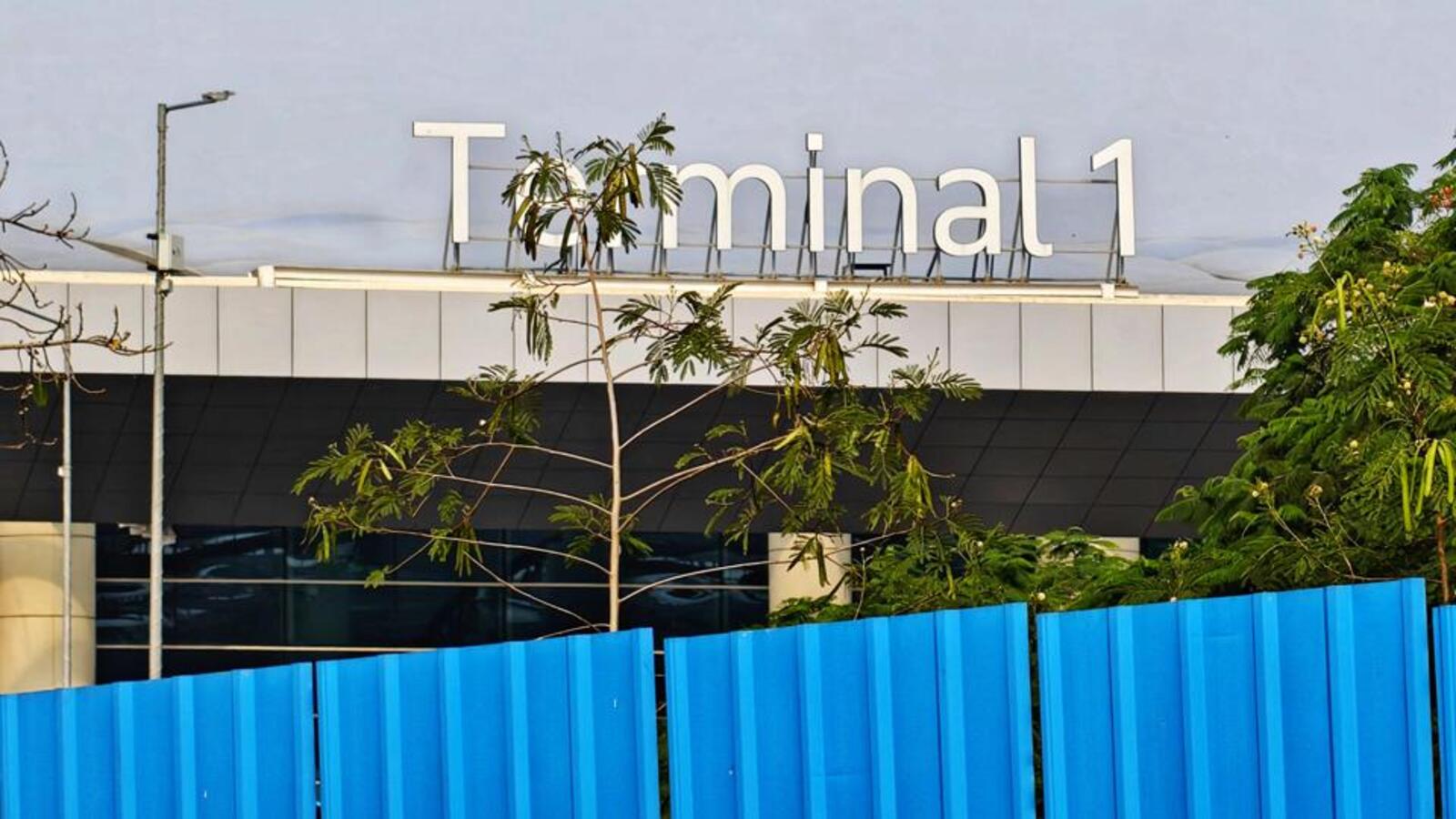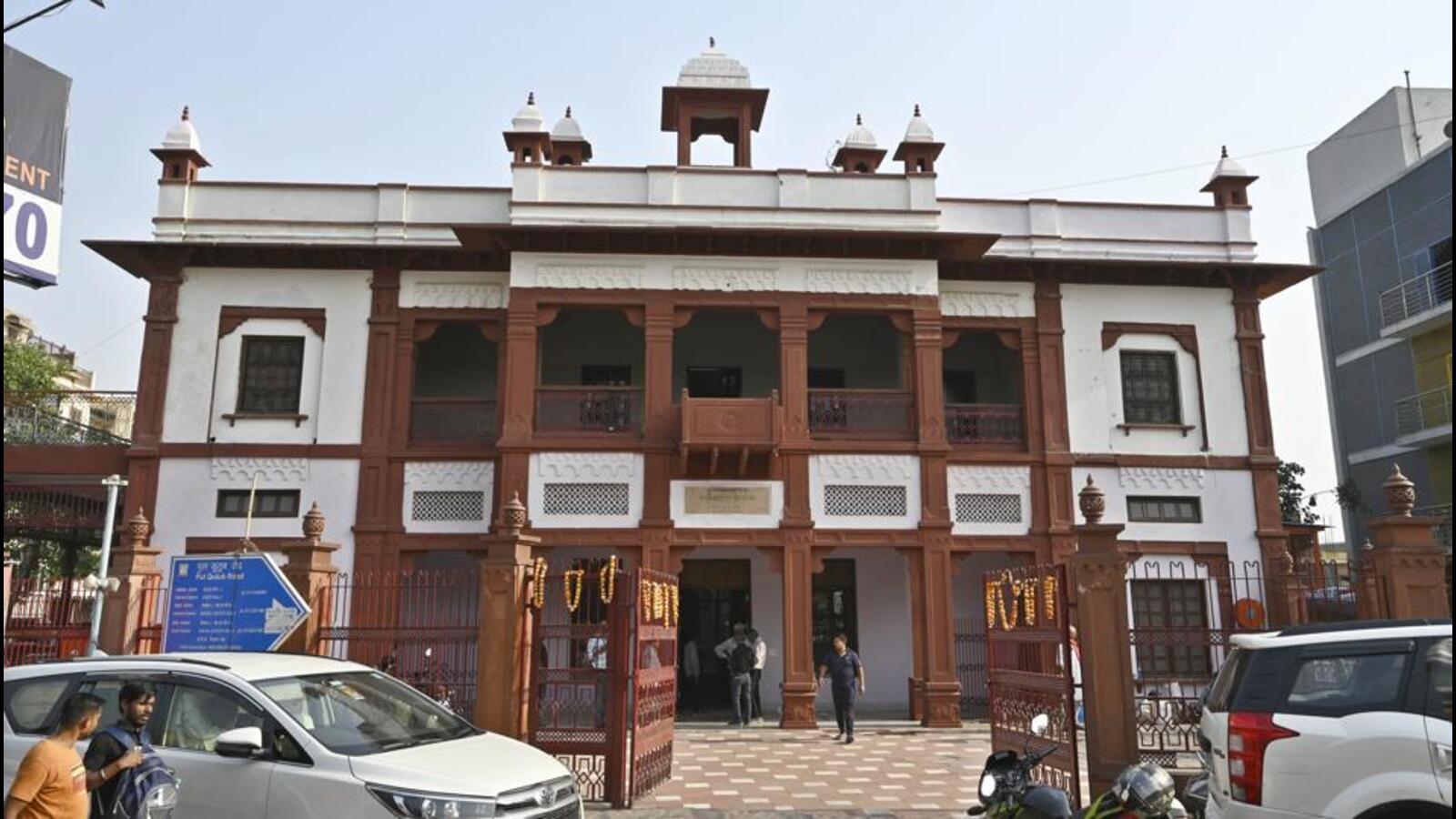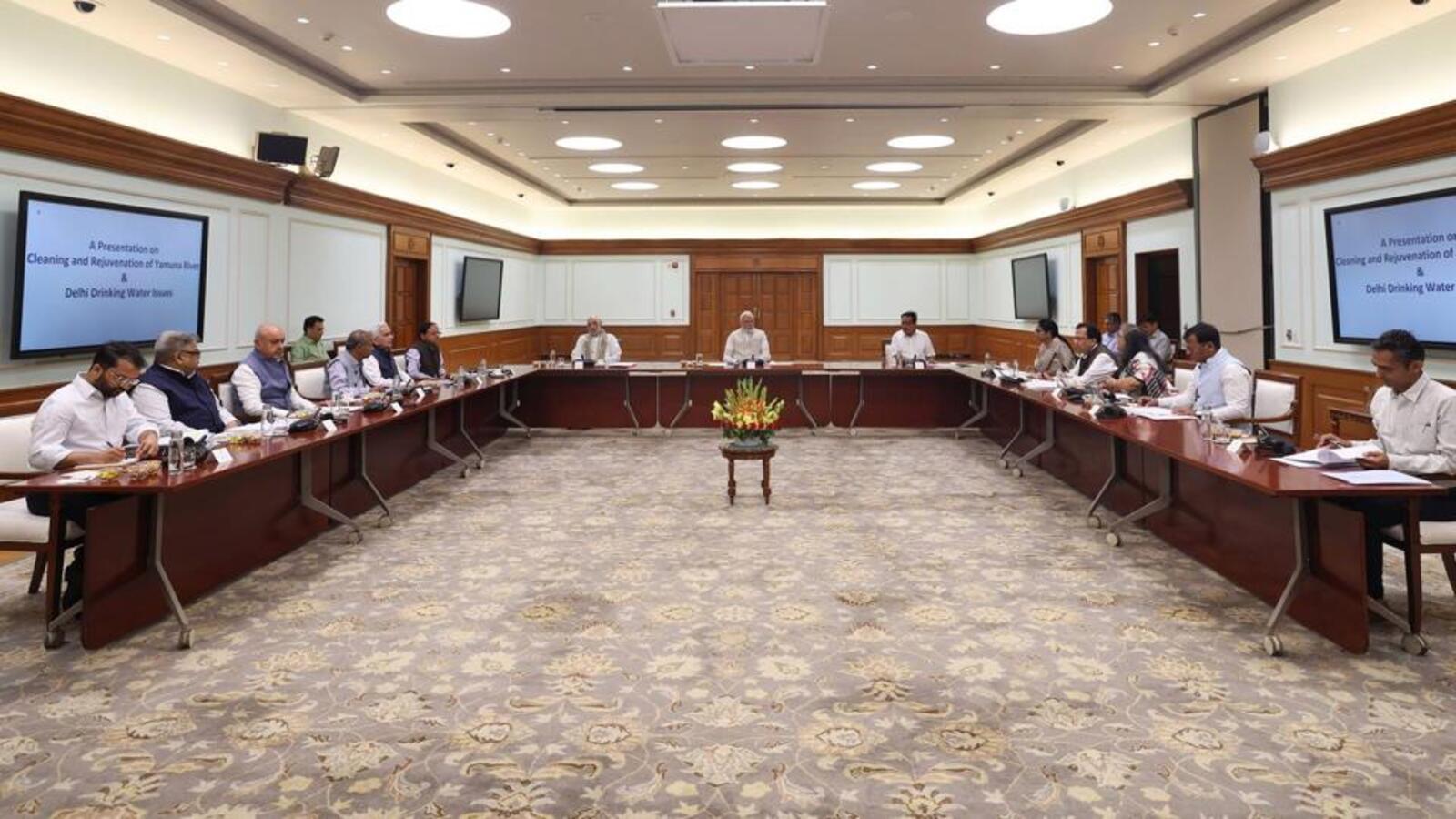Public Works Department minister Parvesh Verma on Wednesday said PWD has formulated a plan to recarpet and restrengthen within two years the 1,400-km network of arterial roads that falls under its jurisdiction.

“We have already made provisions in the budget this year of over ₹3,000 crore to revamp over 400 km of roads this year. However, we plan to stretch it by another 200 km and ensure that around 600 km are covered this year, while the rest will be taken up next year. The plan is to revamp and make all the major roads of Delhi new within two years,” Verma said at a press conference.
The minister added that once a stretch of road is redeveloped, the contractor in question will be responsible for its maintenance for a period of five years, and that any potholes that develop will have to be fixed free of cost for at least the first two-and-a-half years.
“If there are any broken patches for a prolonged period, the contractors will be penalised and action will be taken. We have also discussed with the contractors to ensure that the roads need to be built for decades and should not need repairs immediately after being built,” said Verma.
PWD officials said work has already started on around 250 km of arterial roads — parts of the Ring Road, Outer Ring Road, Vikas Marg, Noida Link Road, Rani Jhansi Marg, Boulevard Road, Mehrauli Mahipalpur Road, Mehrauli Badarpur Road, Ravi Das Marg, Guru Govalkar Marg, and Kanjhawala road, among others — which will likely be completed before the end of July.
Work on another 400 km will be done by the end of the year.
The officials said that due to weather conditions and restrictions due to pollution, they get only about three to four months annually for road construction work.
“Road work practically begins only in March after the winter months are over and go on till July but are stopped multiple times due to high pollution levels and implementation of Grap. Work is not done through the monsoon months and can continue only in October and November when pollution is again high, and work is stopped in between. The winter and monsoon months are again not feasible for good quality and the bitumen does not stick properly in cold conditions. So, we practically get three to four months every year and that too amid heavy traffic,” an official said, declining to be named.
The official also pointed out that work per day can only be done in phases to ensure that traffic is not disturbed — most of these busy stretches witness heavy traffic at all hours.
“Heavy vehicles used for repair work can only enter Delhi after restrictions are lifted at 11pm. The setup is completed, and work begins by around 1am. We have to again wind up, remove the barricading and ensure cleaning by 4-5am, after which the morning traffic begins.,” the official said, adding that repair work can also get delayed as traffic permissions are not issued in time, or because the stretch falls under a VIP route.
In addition, the official said, during an initial meeting with Verma, the minister was informed that 7,000 potholes and about 200,000 square metres of patchwork repairs were identified across the city, and that the department plans to complete all work by the end of April.












Leave a Reply